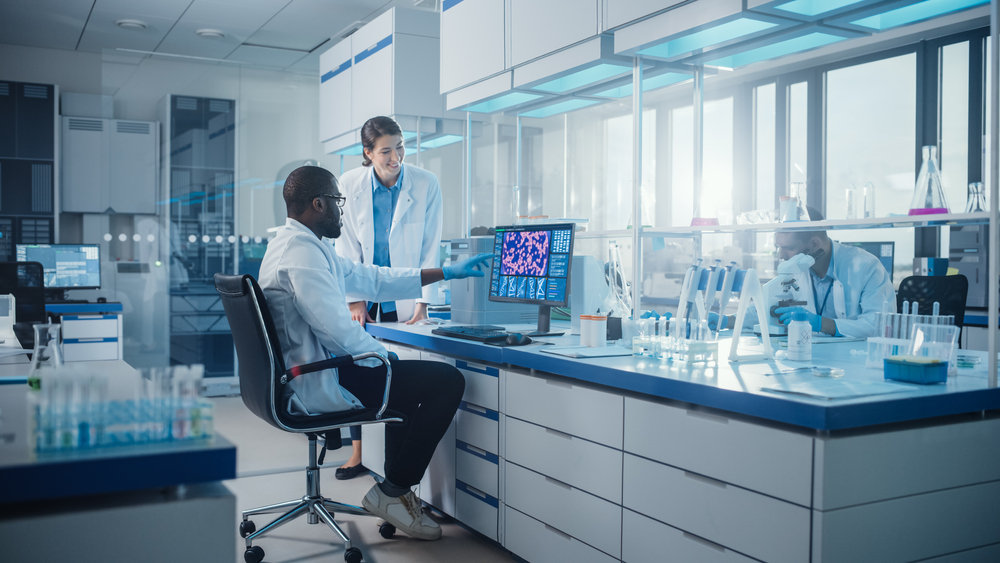An Australian research team headed by Monash University and Cortical Labs is working on integrating artificial intelligence with human brain cells.
This was the same team that last year created DishBrain and programmed human brain cells to play the classic video game, Pong. They now want to see what improvements in synthetic biology can be achieved by throwing AI into the mix.
The potential applications this research could unlock caught the eye of the Australian Department of Defence and Office of National Intelligence which gave the team a grant of $600,000.
Associate prof Adeel Razi, from Monash’s Turner Institute for Brain and Mental Health, said that their project “merges the fields of artificial intelligence and synthetic biology to create programmable biological computing platforms.”
Razi said that the research hopes to produce a new level of machine intelligence where a synthetic biological intelligence is able to “learn throughout its lifetime.”
Current AI systems are already good at learning new skills but they are hampered by context and memory limitations. AI neural networks suffer from something termed “catastrophic forgetting”. This is the tendency artificial neural networks have to suddenly forget previously learned information when they learn something new.
Biological neural networks, like those made of human brain cells, are really good at remembering. Combining the fast learning of AI with the memory capabilities of human brain cells may result in new technology that “may eventually surpass the performance of existing, purely silicon-based hardware.” according to Razi.
Our brains are good at lifetime learning and their ability to adapt to change is one of the reasons humans still have the edge on AI. If robots, self-driving cars, and other autonomous devices had the same ability then it would represent a huge leap in AI technology.
We can, but should we?
The UN recently voiced its concern over the potential dangers inherent in AI and the organization Australians For AI Safety was also unambiguous on their feelings about recent developments.
In a letter to the Australian Industry, Science and Technology minister, Ed Husic, the organization called on him to “recognise that catastrophic and existential consequences are possible” and put the necessary guardrails in place to prevent these.
The spokesperson for Australians For AI Safety, Greg Sadler, said “What’s alarming is that even deliberate and methodical bodies like the United Nations have recognized the potential for catastrophic or existential risks from AI, but the Australian government won’t.”
When you hear that defence budget is funding research into merging AI with human brain cells it sounds a bit like the start of a B-grade action movie, but it’s a reality. On the flip side, the potential for good that this technology holds like finding a cure for cancer or filling roads with safe self-driving cars is not far fetched.
The challenge will be for legislators to find some way to keep up with the breakneck pace at which AI is moving so that humans don’t engineer their own demise.





